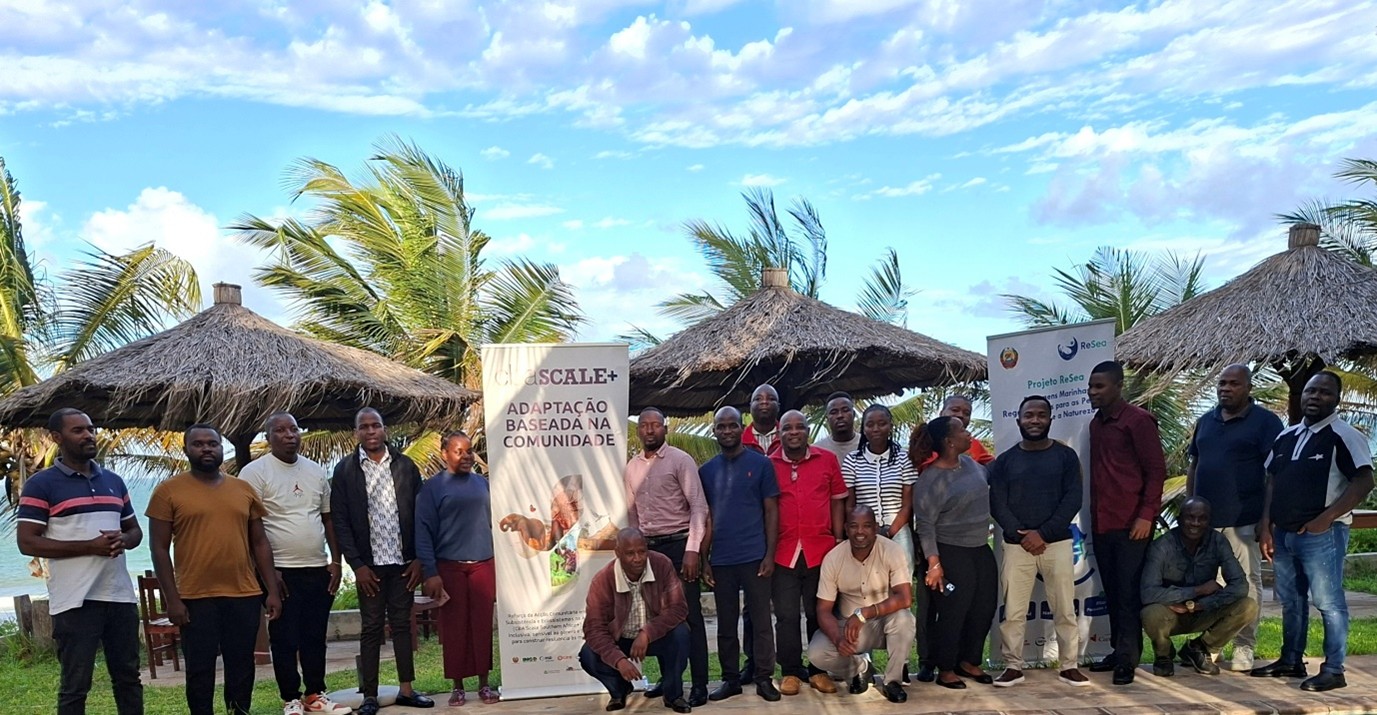Miami’s Burning Divide: Women, Wellness, and the Climate Crisis

“In 2024, Miami-Dade County experienced over 60 days with a heat index of 105°F or higher, setting a record for extreme heat.” (Miami-Dade County Office of Resilience, 2024). Climate change has been at our doorstep for the past several years, only now we actually feel and see it- and women are paying the price. It is affecting women's health, safety, and livelihood. All of this has called for an urgent, gender responsive climate action that is aligned with Sustainable Development Goal Thirteen, Climate Action, and Sustainable Development Goal (SDG) Five, gender equality.
UN Women, an entity dedicated to gender equality and the empowerment of women and girls worldwide, has found that “80% of people displaced by climate change are women.” This shows the gendered dimension of the crisis. This data is significant to women because extreme heat leads to higher rates of miscarriage, stillbirth, and chronic illness among women, especially in developing and low-income regions, as found by the Adrienne Arsht-Rockefeller Foundation Resilience Center in 2023. As for Miami-Dade County, women who face the greatest danger include those working outdoors or in non-airconditioned spaces, such as vendors, governors, and service workers. In 2024, the Women's Fund Miami-Dade stated that “heat exposure during pregnancy can increase health risks for both mother and baby.” All of these findings work in conjunction to support the result that rising temperatures worsen gender inequities because women often handle unpaid caregiving while managing greater exposure to heat and fewer resources for adaptation.
This may be frightening to many women, but, there is no need to lose hope or be afraid. There are many actions we can take both as a community and individually. At the community level, we can support the first in the world, Miami Dade’s Chief Heat Officer Initiative, which is focused on protecting susceptible populations through shade cooling centers and education (The Miami Foundation 2023). In addition, we can become advocates for gender inclusive resilience planning so that women, pregnant individuals, and outdoor workers are prioritized in emergency and city design.
At the individual level, we can help plant trees to cool urban heat islands, reduce our energy use at home, and use public transportation such as the MetroRail. To have a more direct impact, we can volunteer at organizations that promote climate and health equity for women, such as The Women’s Fund Miami-Dade. Finally, we can take part in the education of others about how extreme heat affects women's health, especially in less fortunate communities. We should also encourage local leaders to integrate heat-health warnings and gender-specific data into county resilience strategies (Uejio et al., 2024)
Clearly, climate change affects women more severely than anyone else. The already existing gender inequalities become more potent as heat waves rise. But there is hope for our community. By putting women on a pedestal in climate conversations, shifting the focus from policy making to community resilience, Miami can become the model for a just, sustainable future with the values of SDG 13 and SDG 5.
What is Your Reaction?
 Like
0
Like
0
 Dislike
0
Dislike
0
 Love
0
Love
0
 Funny
0
Funny
0
 Angry
0
Angry
0
 Sad
0
Sad
0
 Wow
0
Wow
0











































































